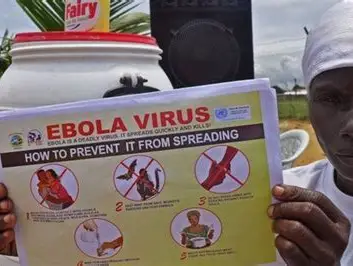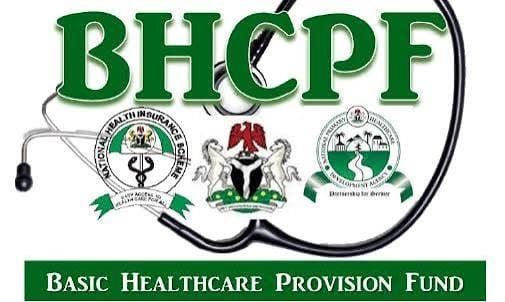
LAGOS, Nigeria – As the Democratic Republic of Congo (DRC) battles yet another Ebola outbreak, the shadow of cross-border spillover looms large over Nigeria. With 28 suspected cases and 15 deaths confirmed in Kasai Province, global health experts warn that vigilance is critical. For Nigeria, a country scarred by its 2014 Ebola encounter, the pressing question is whether it can prevent a repeat of that deadly chapter.
In this report, Korede Abdullah, Africa Health Report’s Southwest correspondent examines Nigeria’s preparedness, lessons from the past, and expert insights on what must be done to protect over 200 million citizens from one of the world’s deadliest viruses.
Old Scars, New Fears
The Zaire strain—the deadliest form of Ebola with up to 90% fatality if untreated—is once again in circulation. While Nigeria has no confirmed cases, the Director-General of the Nigeria Centre for Disease Control and Prevention (NCDC), Dr Jide Idris, insists the nation is “on high alert, enhancing surveillance at entry points, healthcare facilities, and communities.”
The stakes remain high. In 2014, Nigeria lost eight lives—including that of heroic physician Dr Stella Adadevoh—before the outbreak was contained after 93 tense days.
Border Vigilance: The Weakest Link
Nigeria’s porous borders and bustling airports make screening a priority.
In an exclusive interview with Africa Health Report (AHR), Dr Bakare Lawal of the Ministry of Health warns that “preventing Ebola requires preparedness, not just reactive measures.”
Port health officers are on red alert but underfunding and manpower shortages pose serious gaps.
Lessons from 2014: Rapid Containment Matters
The World Health Organisation, (WHO) hailed Nigeria’s 2014 containment effort, when 894 contacts were traced within weeks.
Dr. Lawal noted: “From the lessons of the 2014 outbreak, Nigeria understands that rapid containment is the key to preventing widespread transmission.”
But analysts fear the health system is weaker today, strained by strikes, ill-equipped isolation centres, and uneven rural capacity.
that Nigeria’s healthcare system is more stretched today than it was in 2014, with frequent strikes by doctors, under-equipped isolation centers in many states, and uneven capacity across rural hospitals.
PPE, Training, and State-Level Readiness
Preparedness depends on both protective gear and trained personnel. While Lagos and Abuja boast infectious disease hospitals, many states rely on improvised wards.
A 2024 Joint External Evaluation rated Nigeria only 54% ready for public health emergencies.
Community Surveillance and Public Awareness
Surveillance officers exist in every local government, but effectiveness varies. In rural areas, poor reporting and reliance on traditional healers delay detection.
The NCDC is scaling up education, but misinformation remains a formidable threat—recalling the viral “saltwater cure” rumours of 2014.
International Partnerships and Health System Strain
Nigeria works with WHO, Africa CDC, and other partners, but logistical and laboratory weaknesses persist. Analysts warn that another Ebola spillover could overwhelm facilities already struggling with malaria, Lassa fever, and diabetes.
“Fear spreads faster than the virus,” Dr Lawal cautions, stressing the need for trust, vaccines, and clear communication.
Beyond Crisis Mode: A Call for Health Security
Nigeria’s challenge is not just stopping Ebola today but embedding preparedness permanently. “It is not about reinventing the wheel but strengthening existing systems,” Dr Lawal argues.
For a nation at the crossroads of West Africa, preparedness is not an option—it is national security.




